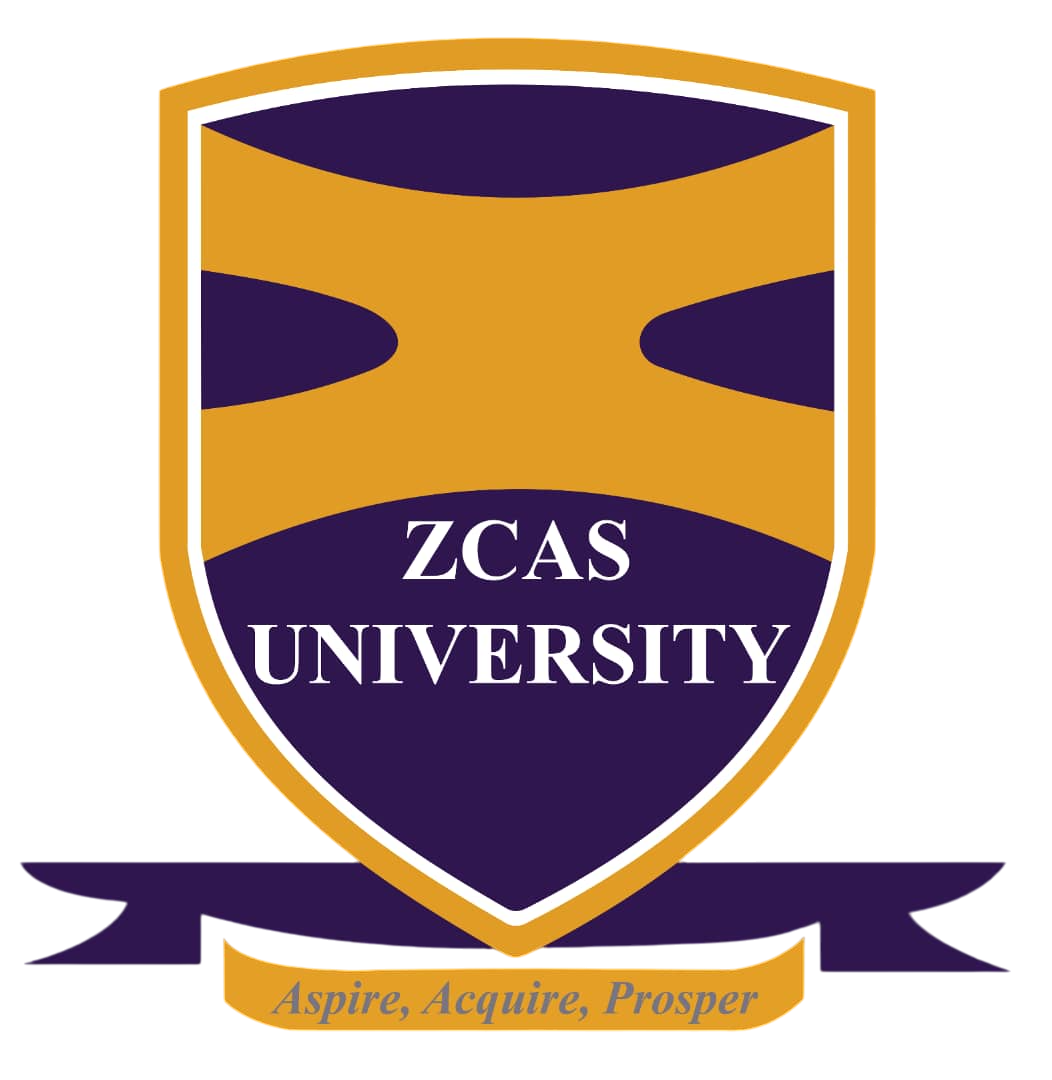INTRODUCTION
There is a growing need world over to have professionals with the ability to empirically test and adapt economic and finance models to new market environments. Market environments are changing rapidly and are demanding specific skills and thus the need to train professionals that understand financial economics and modelling skills to model and forecast financial and economic data. This programme will successfully prepare students for a wide range of high-level and global careers to suite and meet the current market demand with potential employers such as investment and commercial banks, economic and financial asset management companies, consulting firms, and policy-oriented organizations.
The MSc Economics and Finance degree programme is designed to meet the growing demand for researchers in financial economics from all fields of specialization. It is intended for university graduates with qualifications in economics and/or finance related fields who wish to specialise in financial economics.
AIM
The aim of the programme is to prepare students from quantitative disciplines with the opportunity to develop their understanding of financial economics, financial econometrics, microeconomics and macroeconomics. It will further use the principle of evidence based learning to expose students to corporate and international finance, and portfolio and risk management. This will allow them to examine financial markets through in-depth analysis based on financial and economic theory and statistical methods.
OBJECTIVES
By the end of the programme, students should be able to:
- evaluate the scope of financial markets in Zambia, the region and globally;
- evaluate, analyse and forecast macroeconomic policies in Zambia and internationally;
- demonstrate the critical abilities of understanding the data types, how to transform data, and methodological tools for data analysis; and
- collect and analyse financial and economic data to help in solving challenges related to investment, banking and government policy framework.
TARGET GROUP
The MSc Economics and Finance degree programme is designed to meet the growing demand for practitioners and researchers in financial economics. It is intended for university graduates with qualifications in economics and/or finance related fields who have studied macroeconomics, microeconomics and econometrics at intermediate level.
ADMISSION CRITERIA
To qualify for admission to the MSc Economics and Finance degree programme an applicant must have any of the following qualifications:
- a degree in economics, finance, accounting, and pension and insurance from a recognised institution, provided that the candidate has studied macroeconomics, microeconomics and econometrics at intermediate level as part of the degree or any other recognised qualification; or
- any relevant degree from a recognised institution, provided that the candidate has studied macroeconomics, microeconomics and econometrics at intermediate level as part of the degree or any other recognised qualification.
EXEMPTIONS
There shall be no exemptions from any course, regardless of a candidate’s qualifications.
DURATION OF STUDY
The programme of study for the award of the MSc Economics and Finance qualification shall be completed in a period of not less than 18 months and not more than three academic years.
For the purpose of computing the maximum period of study where a person undertakes the study for the MSc Economics and Finance qualification, partly as a part-time/evening/distance education and partly as a full-time student, three (3) courses successfully completed by the student shall count as one academic semester (one half year).
PROGRAMME STRUCTURE
Each year of study is divided into two semesters and students are expected to take three courses in each semester. The course structure is as shown in Tables 1 to 2 below.
FEES
You can download this ZCAS University Fees list by clicking on the link below:
You can view the bank details here:
STUDENT PROGRESSION
FULL TIME STUDENTS
- Every semester, a full-time student shall register for and take four courses, provided that a student may in exceptional circumstances be permitted to take one additional course whether carried over from the previous academic year or additional in any one semester.
- A full time student who passes all the courses taken during the semester of study shall be allowed to proceed to the next level of study.
- A full time student who fails in one course in any semester may be permitted to proceed to the next level of study; provided that the student repeats the course at the first available opportunity.
- A full time student who fails two courses in any academic year will normally proceed to part-time studies until he or she has cleared the outstanding courses.
- A full time student who fails in more than two courses during an academic year shall be excluded.
- A full time student who fails a course twice is subject to exclusion; provided that, subject to successful appeal, the student may be permitted to repeat the course for the third and final time.
- No full time candidate shall be permitted to proceed to the independent study (dissertation) of the degree programme unless he/she has satisfied the requirements of the course work.
- Exclusion is applicable in compliance with the preceding regulations in any semester of study including the final semester.
EVENING AND DISTANCE EDUCATION STUDENTS
- Every semester, an evening or DE student shall register for and take three courses, provided that a student may in exceptional circumstances be permitted to take one additional course whether carried over from the previous academic year or additional in any one semester.
- An evening or DE student who passes all the courses taken during the semester of study shall be allowed to proceed to the next level of study.
- An evening or DE student who fails in one or two course in any semester may be permitted to proceed to the next level of study; provided that the student repeats the course(s) at the first available opportunity.
- An evening or DE student who fails in more than two courses during an academic year shall be excluded.
- An evening or DE student who fails a course twice is subject to exclusion; provided that, subject to successful appeal, the student may be permitted to repeat the course for the third and final time.
- No evening or DE candidate shall be permitted to proceed to the independent study (dissertation) of the degree programme unless he/she has satisfied the requirements of the course-work.
- Exclusion is applicable in compliance with the preceding regulations in any semester of study including the final semester.
COURSE ASSESSMENT
Various summative and formative assessments will be used on this programme depending on the nature of the course. These include assignments, group reports, individual reports, tests, final examinations, quizzes, virtual class forum discussions, essays and case studies.
GRADING
To be eligible for the award of the MSc ITTP degree, a student must have:
- Passed all the eight Courses.
- Adhered to the requisite course combinations in each semester.
In the grading of final examination results, the following scale will apply:
Pass grades
A+ Distinction (86% and above)
A Distinction (76% – 85%)
B+ Meritorious (66% – 75%)
B Very Satisfactory (61% – 65%)
C+ Definite Pass (56% – 60%)
C Bare Pass (50% – 55%)
S Satisfactory, pass in a practical course
Fail grades
D Fail (49% and below)
U Unsatisfactory, fail in a practical course
NE No examination taken
WD Was withdrawn from the course with unsatisfactory academic progress – recorded where a student has not completed the required level of course work after a warning from the Head of Department/ Dean of School. The Dean of School has withdrawn the student from the course before the examination.
LT Left the course during the semester without permission
DQ Was disqualified in a course by Senate
DR Was de-registered for failure to pay fees
RS To re-sit the course examination only – recorded where a student is allowed by Senate to re-sit the final semester examination in the course, and to carry over the previous course work assessment.
CLASSIFICATION OF THE DEGREE
- In calculating the grade of the degree, the following points shall be applied to the grades obtained.
-
- A+ 6 points
- A 5 points
- B+ 4 points
- B 3 point
- C+ 2 point
- C 1 point
-
- The grading of the MEF is based on all grades obtained in all the nine courses on the programme. No points are awarded where a course has been repeated.
- The points for classification of the degree shall be as follows:
Distinction 38 – 54 points
Merit 27 – 37 points
Credit 16 – 26 points
Pass 0 – 15 points
ZCAS University offers this programme in full-time, part-time and distance education. You can apply now by clicking the button below!
Course Features
- Lectures 0
- Quizzes 0
- Duration 10 weeks
- Skill level All levels
- Language English
- Students 0
- Assessments Yes




